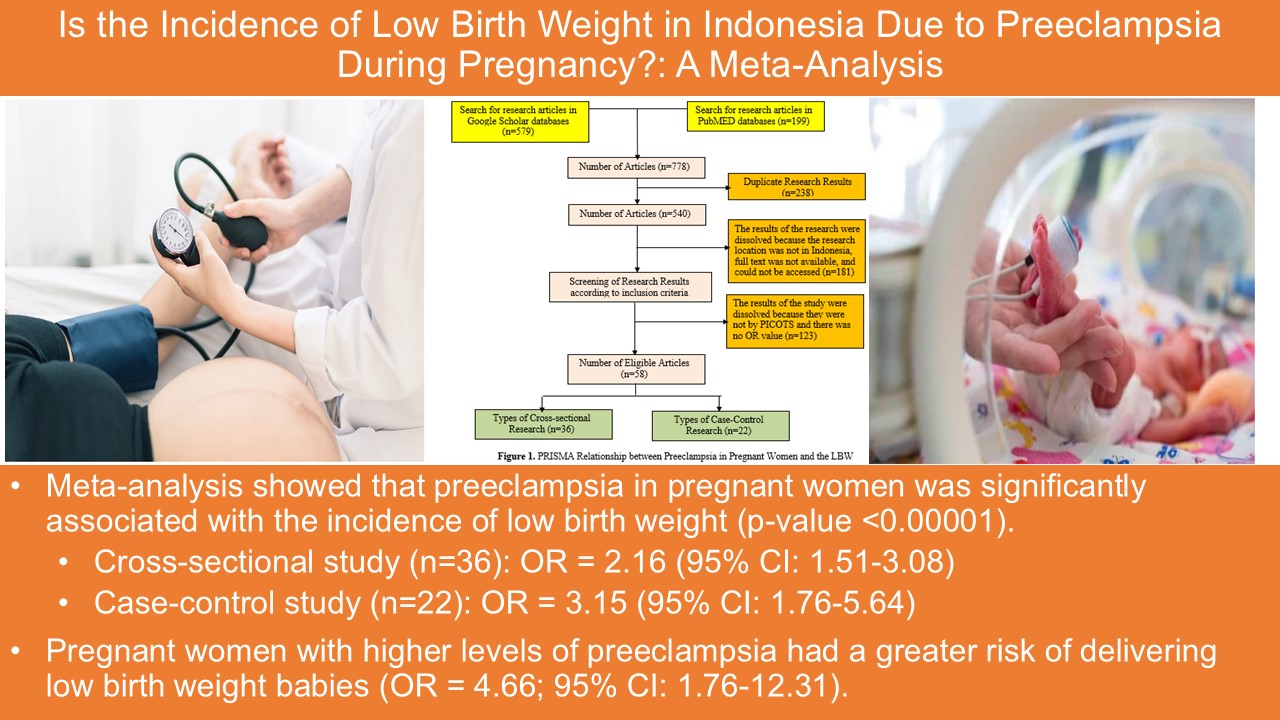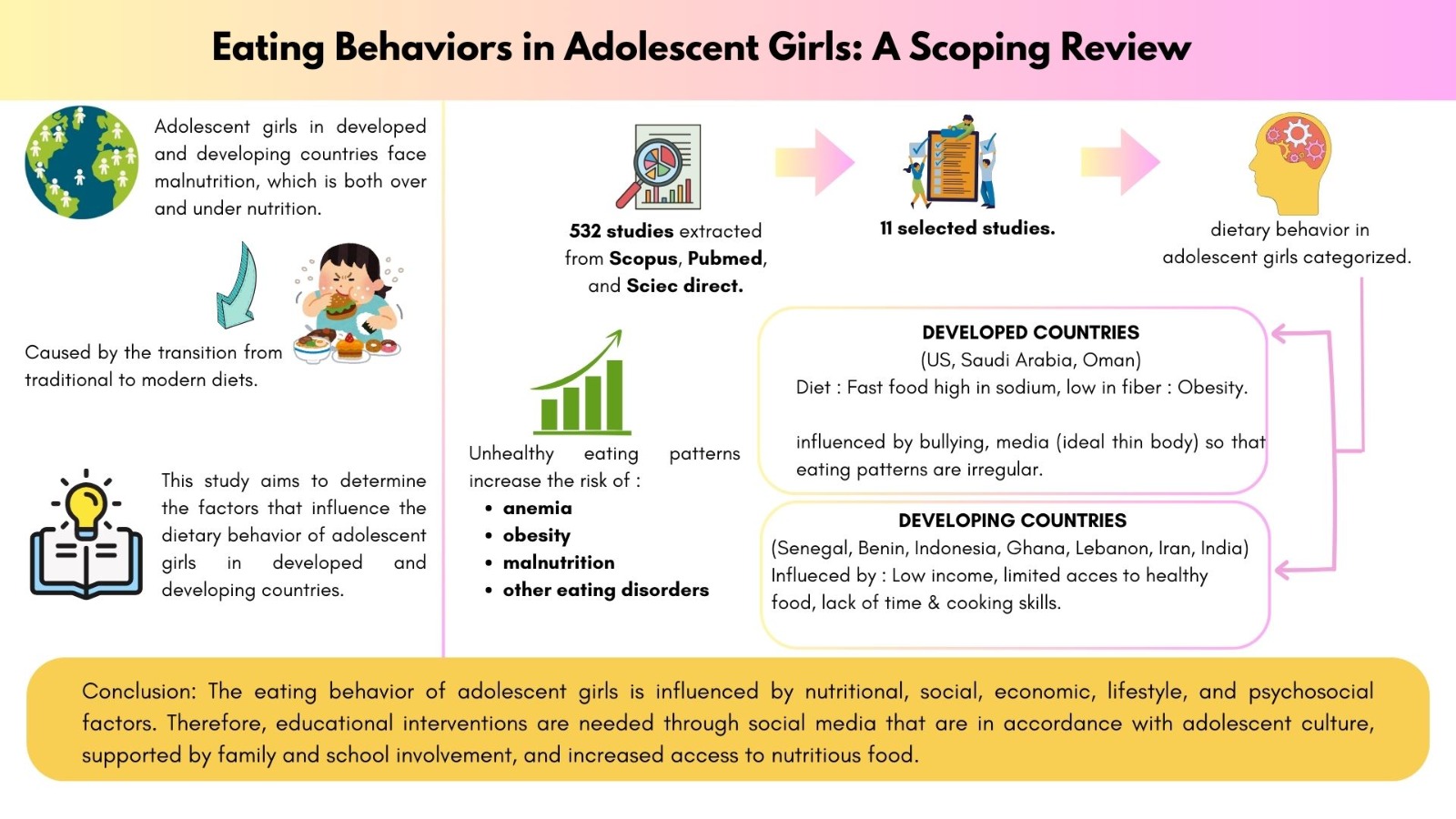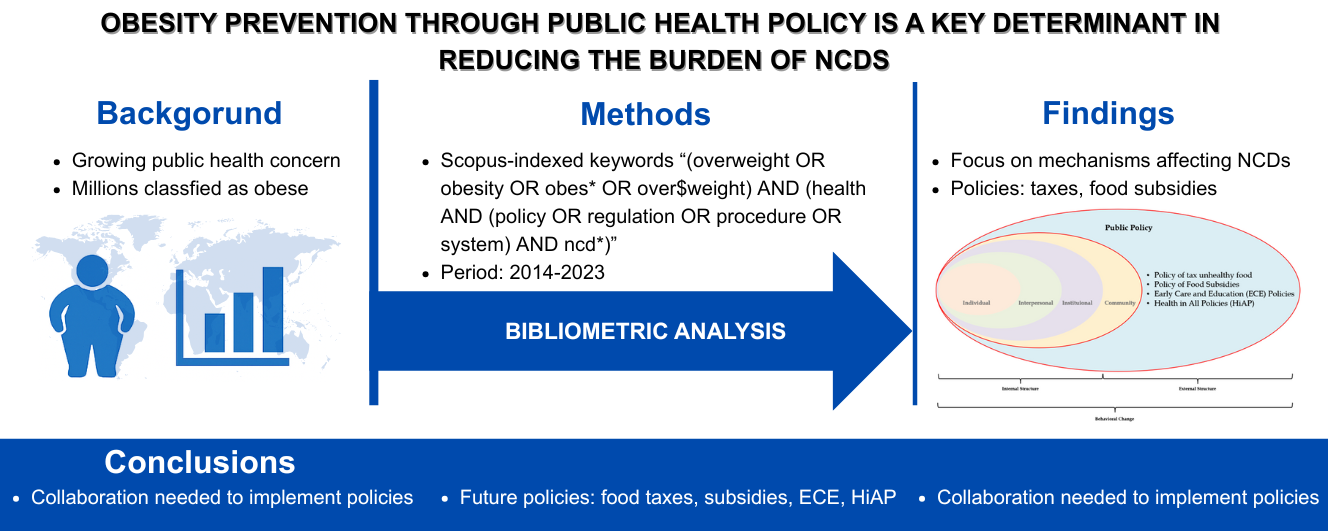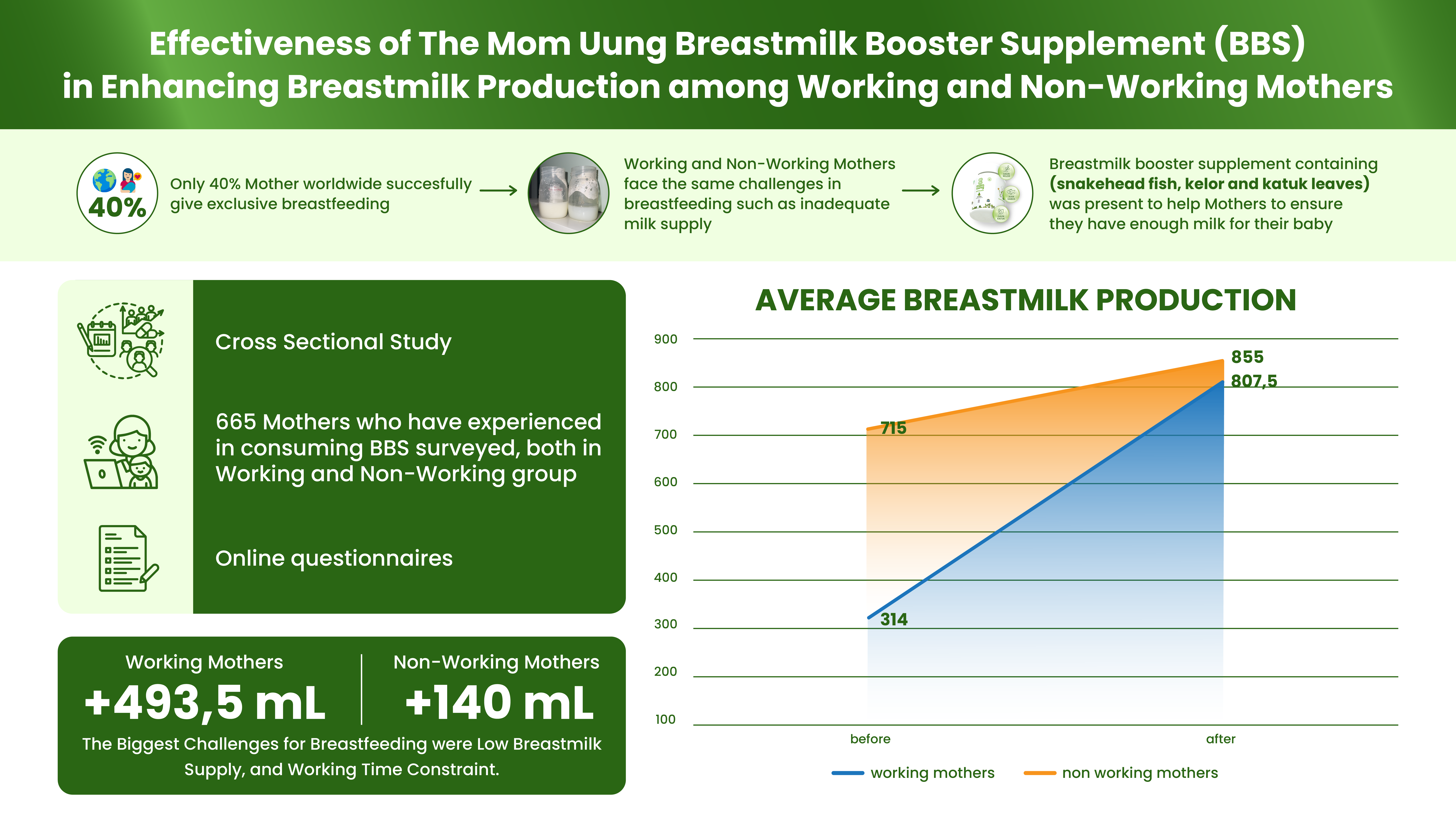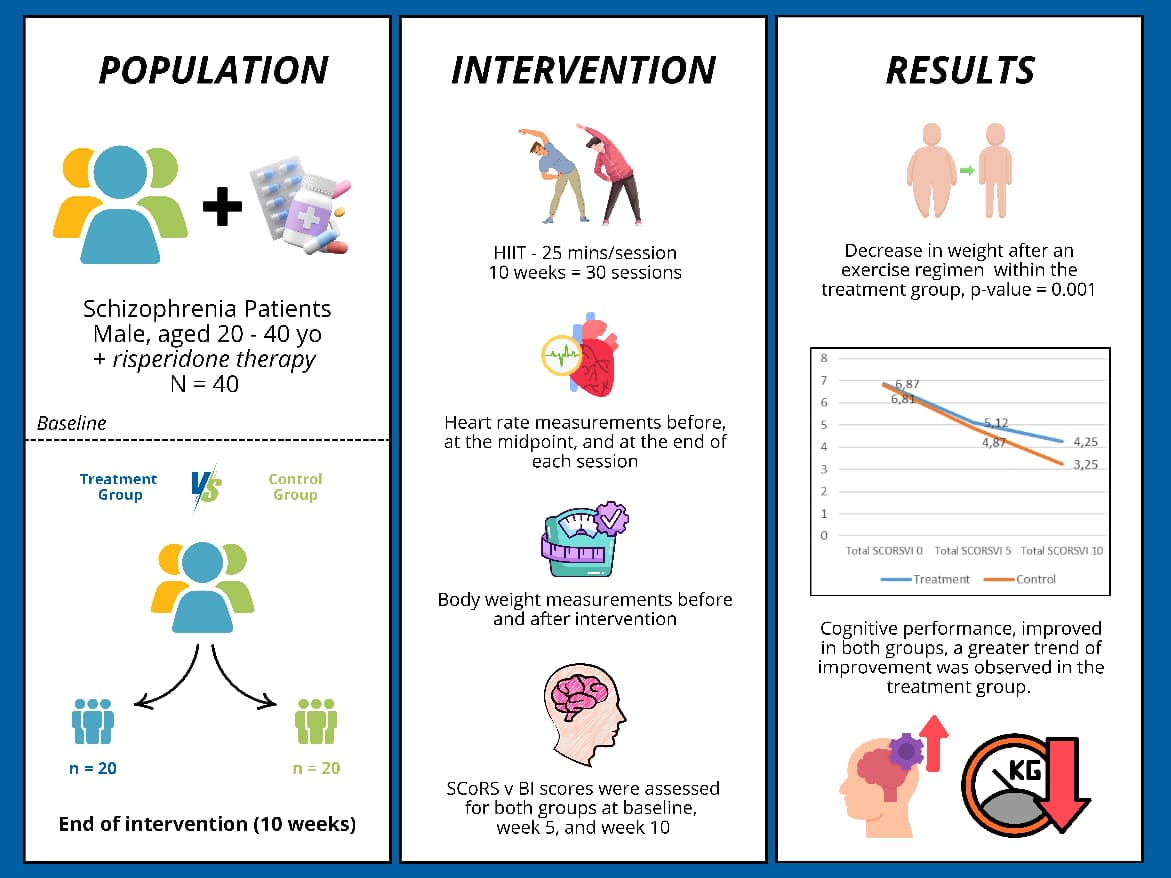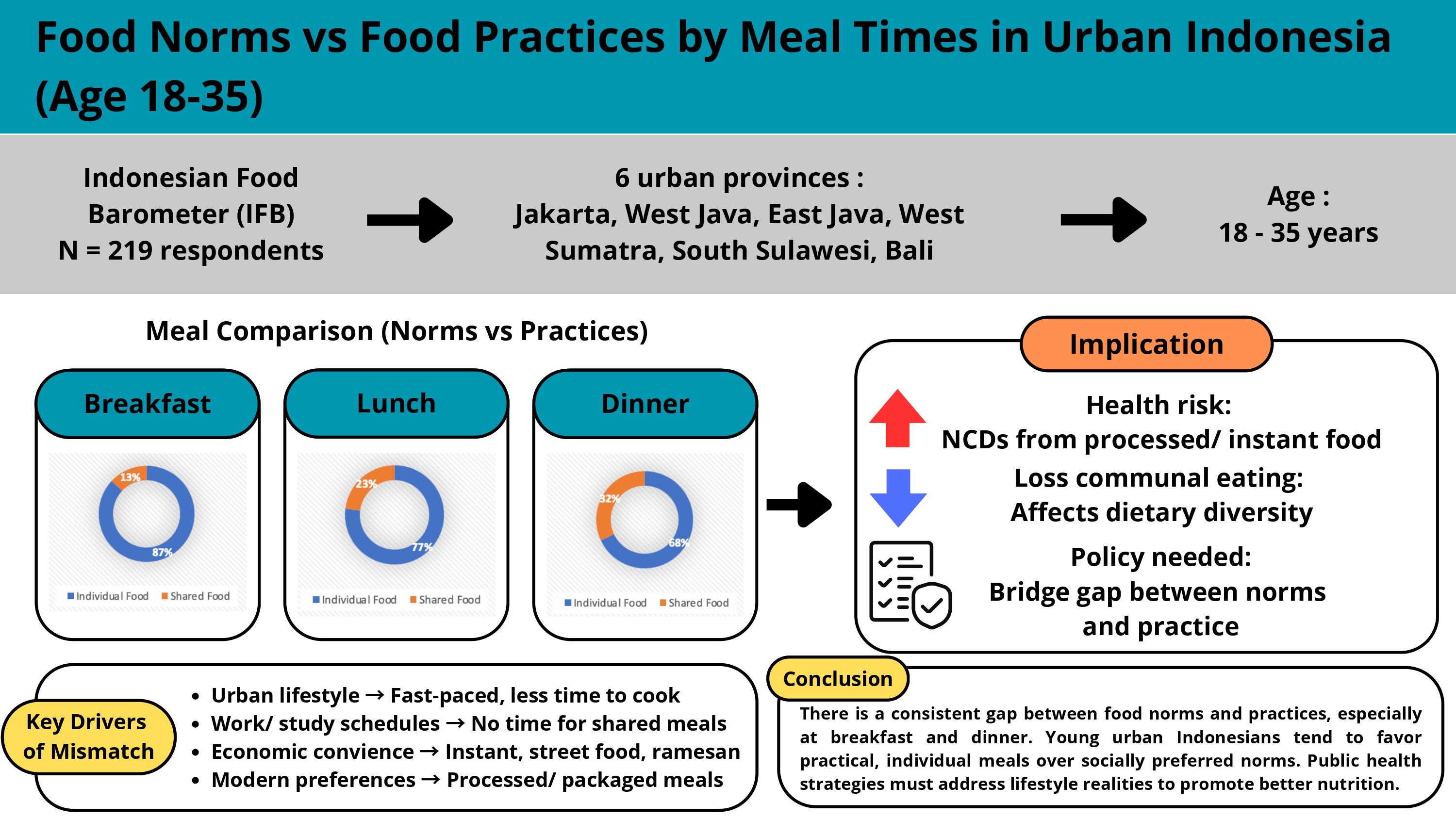The Relationship of Fatty Acid Consumption with Total Cholesterol Level in Coronary Artery Disease Patients
Downloads
Coronary artery disease is one of the significant causes of death and is still a health problem for developed and developing countries. Increased cholesterol in the blood is caused by heredity and high-fat consumption. The effect of dietary fat on artery disease is related to the impact of fatty acid components and cholesterol on blood cholesterol. This study aims to determine the relationship between consumption of Saturated Fatty Acids (SFA), Monounsaturated Fatty Acids (MUFA), and Polyunsaturated Fatty Acids (PUFA) with total cholesterol levels in patients with coronary artery disease. The research design used was descriptive-analytic in clinical nutrition with a cross-sectional approach. The population in this study were 405 patients with coronary artery disease at the artery clinic of RSUD Dr. M. Yunus Bengkulu. The sample was 32 patients collected using a purposive sampling technique. Using the Chi-Square test, data analysis was used to determine the relationship between the consumption of SFA, MUFA, and PUFA with total cholesterol levels in patients with coronary artery disease. The study's results found a significant relationship between SFA consumption and coronary artery disease. Still, conversely, there was no significant relationship between MUFA and PUFA consumption with total cholesterol level in coronary artery disease patients, namely that SFA consumption was inadequate (p-value = 0.043, OR = 0.407), inadequate MUFA consumption (p-value = 0.710), and inadequate of PUFA consumption (p-value= 0.465). Saturated fatty acids are related to total cholesterol in coronary artery disease while conversely to monounsaturated fatty acids and polyunsaturated fatty acids.
Bertalina.(2015). The relationship between saturated, polyunsaturated fatty acids and fibre with the LDL/HDL ratio in coronary heart patients at the heart clinic at RSUD Dr Hi. Abdul moeloek.. world health journal.DOI: https://doi.org/10.33024/jdk.v4i4.448
Doloksaribu, B. (2016). Theory & Application of Nutrition Science. Jakarta : EGC.
Handayani, DR & Rakhmat, II (2021). Characteristics, Nutritional Status, and Lipid Profile of Dyslipidemia Patients with Mediterranean Diet. AtlantisPress. 37, 10–15.
Hashim. (2018). Epidemiological Research Methods. Jakarta : Trans Info Media.
Hairuddin, NA, Febrianty, NA, Salam, A., & Manti Battung, S. (2019). Administration of Saturated and Unsaturated Fats on Cholesterol Levels and Body Weight. 1–10.
Lidiyawati, & Kartini, A. (2014). The relationship between consumption of saturated fatty acids, unsaturated fatty acids and sodium with the incidence of hypertension in menopausal women in Bojongsalaman Village. Research Articles, 1–31. http://eprints.undip.ac.id/45228/.
Litbangkes. (2013). Riskesdas 2013. Indonesian Ministry of Health, 127–129.
https://labmandat.litbang.kemkes.go.id/images/download/ report/RKD/2013/Laporan_riskesdas_2013_final.pdf.
Litbangkes. (2018). National Riskesdas Report 2018. Indonesian Ministry of Health, 144–146. http://repository.litbang.kemkes.go.id/3514.
Mozaffarian D. (2016) Dietary and policy priorities for cardiovascular disease, diabetes, and obesity: a comprehensive review. Circulation.
Volume 133, Issue 2; Pages 187-225. https://doi.org/10.1161/CIRCULATIONAHA.115.018585
Purnama, A. (2020). Education Can Improve the Quality of Life of Patients diagnosed with coronary artery disease. Indonesian Journal of Health, X(2), 66–71.
https://stikeshb.ac.id/ojs/index.php/jurkessia/article/view/251.
Ryan, MC et al. (2013). The Mediterranean Diet Improves Hepatic Steatosis and Insulin Sensitivity in Individuals withNon-Alcoholic Fatty Liver Disease. Journal of Hepatology. 59, 138–143.
Rukmasari, EA, & Sumarni, N. (2018). Consumption of Nutrition in Coronary artery disease Patients at the Cardiology Polyclinic, Dr. Slamet Garut. Proceedings of the National Seminar and Dissemination of Health Research, 1(1), 14–17.
https://ejurnal.universitas-bth.ac.id/index.php/P3M_PSNDPK/article/view/337
.
Sacks, FM, Lichtenstein, AH, Wu, JHY, Appel, LJ, Creager, MA, Kris-Etherton, PM, Miller, M., Rimm, EB, Rudel, LL, Robinson, JG, Stone, NJ, & Van Horn , LV (2017). Dietary fats and cardiovascular disease: A presidential advisory from the American Artery Association. Circulation, 136(3), e1–e23. https://doi.org/10.1161/CIR.0000000000000510.
Sayon-Orea, C., Carlos, S., & Martínez-Gonzalez, M. A. (2015). Does cooking with vegetable oils increase the risk of chronic diseases?: A systematic review. British Journal of Nutrition, 113(S2), S36–S48. https://doi.org/10.1017/S0007114514002931.
Sianturi, ET, and Evi, K. (2019). The Effect of Pectin on Reducing the Risk of Coronary Artery Disease. Majority, 8(1), 162–167.
https://juke.kedokteran.unila.ac.id/index.php/majority/article/view/2313.
Setyaji, DY, Prabandari, YS, & Gunawan, IMA (2018). Physical Activity with Coronary artery disease in Indonesia. Indonesian Journal of Clinical Nutrition, 14(3), 115–121. https://doi.org/10.22146/ijcn.26502.
Susilo, C. (2015). Identification of Age, Gender and Size of Myocardial Infarction in Coronary artery disease (CAD) in Iccu Rsd Dr. Soebandi Jember. The Indonesian Journal of Health Science, 6(1), 1–7.Santoso, S., & Ranti, AL (2013). Health and Nutrition. Jakarta : PT Rineka Cipta.
Valk, R., Hammill, J., & Grip, J. (2022). Saturated fat: villain and bogeyman in the development of cardiovascular disease? European Journal of Preventive Cardiology, 29(18), 2312–2321. https://doi.org/10.1093/eurjpc/zwac194
Yuliantini, E., Sari, AP, & Nur, E. (2015). Relationship between energy, fat and fiber consumption and the ratio of total cholesterol levels - HDL. Nutrition and Food Research, 38(2), 139–147. http://repository.poltekkesbengkulu.ac.id/9/1/223576-leksi-konsumsi-energy-fat-dan-serat-d.pdf.
Yenni, Tati Nurhayati, Nurjanah. (2012). The Effect of Boiling on the Fatty Acid and Cholesterol Content of Pokea Clams (Batissa violacea celebensis Marten 1897), JPHPI 2012, Volume 15 Number 3.
Zahroh, L., & Bertalina. (2014). Energy Consumption, Polyunsaturated Fatty Acids, Cholesterol and BMI with Blood Cholesterol Levels in Outpatient Coronary Artery Patients. Journal of Health, 5(2), 113–120. https://doi.org/http://dx.doi.org/10.26630/jk.v5i2.41

This work is licensed under a Creative Commons Attribution-NonCommercial-ShareAlike 4.0 International License.
- MEDIA GIZI INDONESIA Journal is the copyright owner of all materials published on this website.
- The formal legal provisions for access to digital articles of this electronic journal are subject to the terms of the Creative Commons Attribution-NonCommercial-ShareAlike license (CC BY-NC-SA 4.0), which means that MEDIA GIZI INDONESIA Journal and readers reserve the right to save, transmit media / format, manage in database, maintain, and publish articles as long as it continues to include the name of the Author.
- Printed and published print and electronic manuscripts are open access for educational, research and library purposes. In addition to these objectives, the editorial board shall not be liable for violations of copyright law.


2.png)















